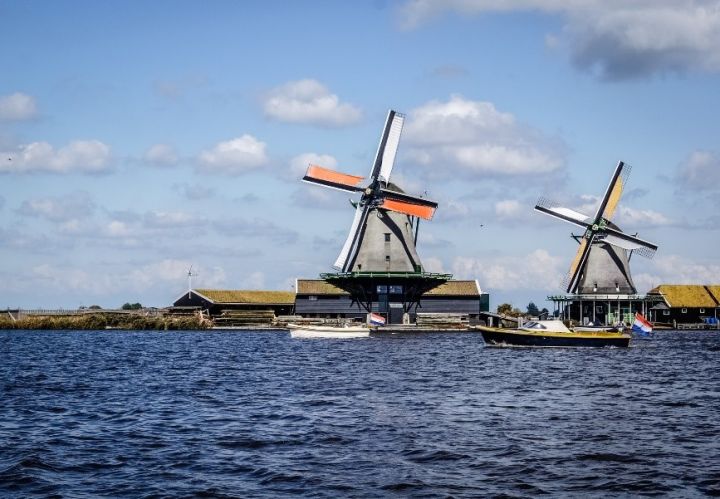
Five large Dutch banks have developed a first-of-its-kind mechanism for collectively monitoring transactions and identifying patterns indicative of money laundering or terrorist financing, called Transaction Monitoring Netherlands (TMNL).
If TMNL detects an unusual sequence or pattern of transactions across multiple banks, it reports this to each bank for further evaluation of the money transfers. The results are then passed on to the Dutch Financial Intelligence Unit.
The first results of the system are expected at the end of 2021, after which other banks will be able to join it. This system will not only help law enforcement agencies to prosecute more persons involved in money laundering, but also increase the level of corporate responsibility of banks.
The Dutch government is also consulting on a bill that would allow financial institutions to share data on all transactions with each other, which, if passed, would provide TMNL with tougher legal protections against data protection and privacy objections.
It is noted that money laundering is usually carried out in three stages, starting with placing money in one account and ending with their integration into an account ready for legal use. In between these steps, money is usually transferred through several other accounts at different banks. Each bank can only track transactions in the accounts it manages, but cannot see what is happening in other banks and therefore cannot detect a suspicious series of related transactions. This layering process makes it difficult to trace the origin of money, the TMNL system is designed to combat this phenomenon.







